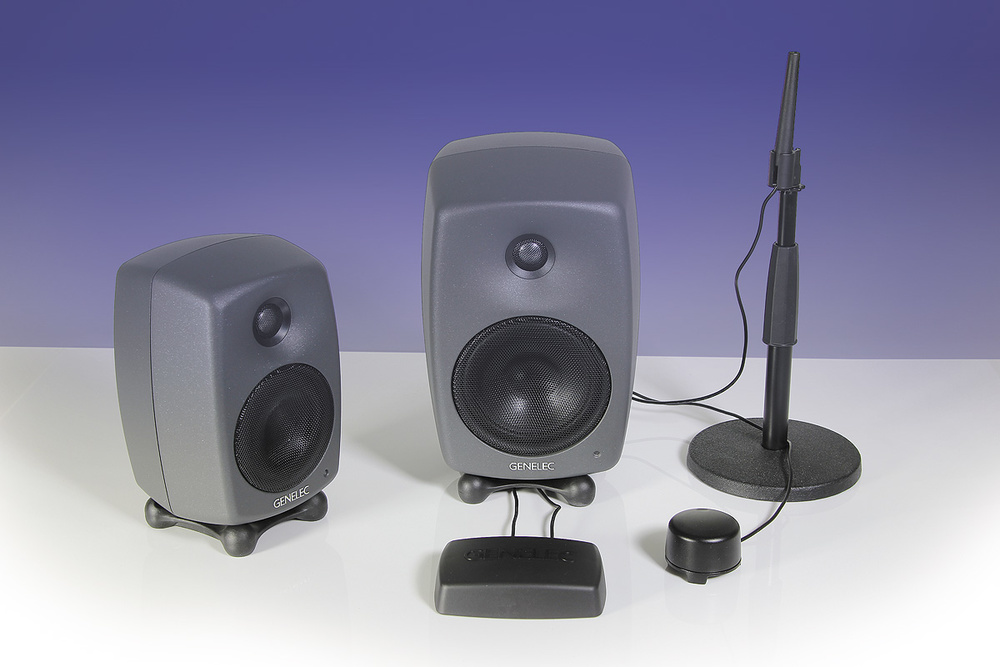Vladimir said:
I've learned from other sources through the years before I joined WHF forum and read about your experiences Dave that the success of L&N wasn't the BS or the magazines but the dealership network, customer focus and proper product demonstration they brought to UK hi-fi. They could have sold dog poo in paper bags and it would have sold as diamonds simply because of this. When Ivor asked people to remove their wrist watches before auditioning so it doesn't affect sound quality, it actually means stop being distracted by the watch (or in today's terms smartphone) and focus on the product I'm selling you. L&N innovated in sales, not engineering. Biggest one being the system matching and upgrading concept IMO. This is what eventually spawned the cult and more hi-fi BS. They sold to everyone but always relied on the core of L&N cult members that kept stacking boxes.
I often feel like it's pyramid selling, but it's not. It's much smarter and evil than that. It feels more like what De Beers did for diamonds. No one bought diamond rings or any diamond jewelry before De Beers launched a strong marketing campaign and changed the ritual of marriage worldwide. They had boatloads of diamonds but sold few at insanely high prices simply because they have a hold on the market. They created the product, the market, the need, everything. It's absolutely useless, pointless marketing induced ritual that people swear by and think it's how it was done even in King Arthur's time.
L&N changed hi-fi culture worldwide and IMO not for the better. More harm than good, but many would disagree I'm sure.
Once again you hit on some decent points but the 'cult' you refer to was much less of an issue at the time, much more has been made of it after the event.
For many, perhaps most customers, the 'cult' barely existed, they new little about the companies whose product they were buying, they were buying a 'solution', a system that worked in their room, was setup by and maintained by the dealer. Sure there were some devotees, and they often made rather a lot of noise, but it really did pass a lot of buyers by.
You also have to remember the state of hi-fi in the late 70s when this style of retailing started to establish itself. This was the era of the cash discount and mass market japanese product. Most of this was just plain awfull, the better, genuinely excellent product made by the likes of Luxman, Pioneer, Accuphase etc rarely if ever made it to the uk, all we got was the dross.
It was very easy indeed to demonstrate that the beautifully built Pioneer, Technics or Marantz models could be easily outperformed by say, the early Creek amplifiers, that looked like they had been built in a shed. It was this obvious (to all) superiority that set the tempo for the early independent retailers, backed up by the standards of service demanded by the premium suppliers, the bullsh!t mostly came later.


